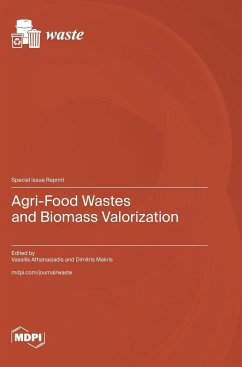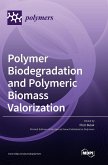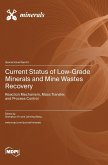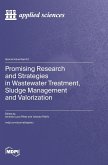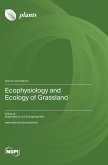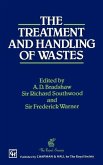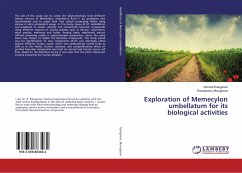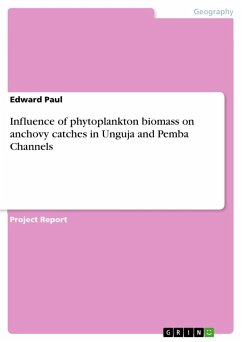Agricultural practices, industrial manufacturing, and household consumption are just a few of the activities that contribute to the production of food waste biomass. Modern environmental theories, like the circular economy, are thought to be the impulse behind the implementation of zero-waste policies. The huge percentage of such residual biomass has significant potential to be used as a raw material to produce novel products and specialty feedstock through biorefining procedures, even though the high volume of waste originating from the food industry raises serious concerns regarding both economic and environmental aspects. Given that many plant parts that are rejected during fruit and vegetable processing (e.g., leaves, branches, peels, roots, stems, and seeds) carry a sizable load of phytochemicals, including polyphenols, the recovery of valuable secondary metabolites from waste plant tissues is an appealing prospect in this regard. This specific group of substances exhibits a wide range of chemical compositions with diverse biological characteristics and functions, including antioxidant and antibacterial activities as well as chemoprotective effects against cancer and other degenerative diseases.
Hinweis: Dieser Artikel kann nur an eine deutsche Lieferadresse ausgeliefert werden.
Hinweis: Dieser Artikel kann nur an eine deutsche Lieferadresse ausgeliefert werden.

